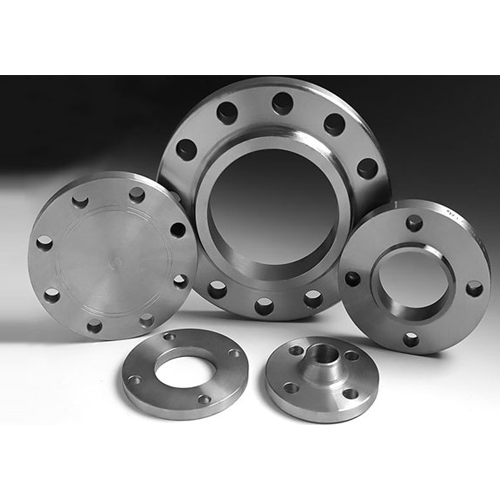Introduction
Material selection is important in industrial applications due to the ongoing problem of exposure to corrosive conditions. As a result of its superior corrosion resistance and mechanical strength, the amazing alloy Monel has become a popular option for many essential parts. Monel flanges are a standout component because they offer indispensability, durability, longevity, and efficiency. In this guest article, we'll discuss the usefulness and significance of Monel flanges in business.
- The Superior Resistance to Corrosion of Monel
- The nickel-copper alloys known collectively as "Monel" are highly sought after due to their exceptional corrosion resistance. The alloy's composition varies depending on the type of corrosion resistance sought but often contains nickel, copper, iron, and sometimes other metals in lower percentages. This combination makes Monel flanges resistant to many types of corrosion, such as those caused by chemicals, acids, and seawater.
- Adaptability to a wide range of environments
- Monel 400 flanges are used in various fields, from the maritime sector to the chemical processing industry, the oil and gas sector, and even the aerospace sector. Due to Monel's resistance to pitting and crevice corrosion, it can be used in various settings. Monel flanges are solid protection against corrosion for various applications, including offshore platforms constantly exposed to saltwater and chemical processing plants dealing with strong solvents.
- Structural Stability and Dependability
- Monel has great mechanical strength and endurance in addition to its resistance to corrosion. Because of this, high-pressure and high-temperature applications where structural integrity is paramount can benefit from using Monel flanges. And because of Monel's resistance to thermal expansion and contraction, these flanges will keep their shape even when exposed to wide swings in temperature.
- Applications for Different Monel Grades
- Flanges are commonly made from Monel alloys, specifically Monel 400 and Monel K500. With its high nickel content, Monel 400 is ideal for marine settings, heat exchangers, and chemical processing machinery. However, the aluminum and titanium additions to Monel K500 boost the metal's mechanical strength, making it a good choice for pump shafts, valve components, and fasteners.
- Installation and Welding Factors
- Although there are many benefits to using Monel flanges, these benefits can only be realized by following correct welding and installation procedures. Due to its unusual chemical makeup, welding Monel is essential for maintaining its corrosion resistance. It's crucial to work with experienced professionals who understand the intricacies of welding Monel alloys to ensure the integrity of the final product.
Conclusion
ASTM B564 Monel 400 Flanges are a shining example of modern metallurgy's ability to withstand extreme circumstances without compromising its structural integrity, making them ideal for use in industrial engineering. They are invaluable in various fields because of their resistance to corrosion, high mechanical strength, and flexibility in use. Keeping the crucial systems that Monel flanges are a part of sturdy, resilient, and corrosion-free is essential as we continue to push the boundaries of technology and exploration.





Comments